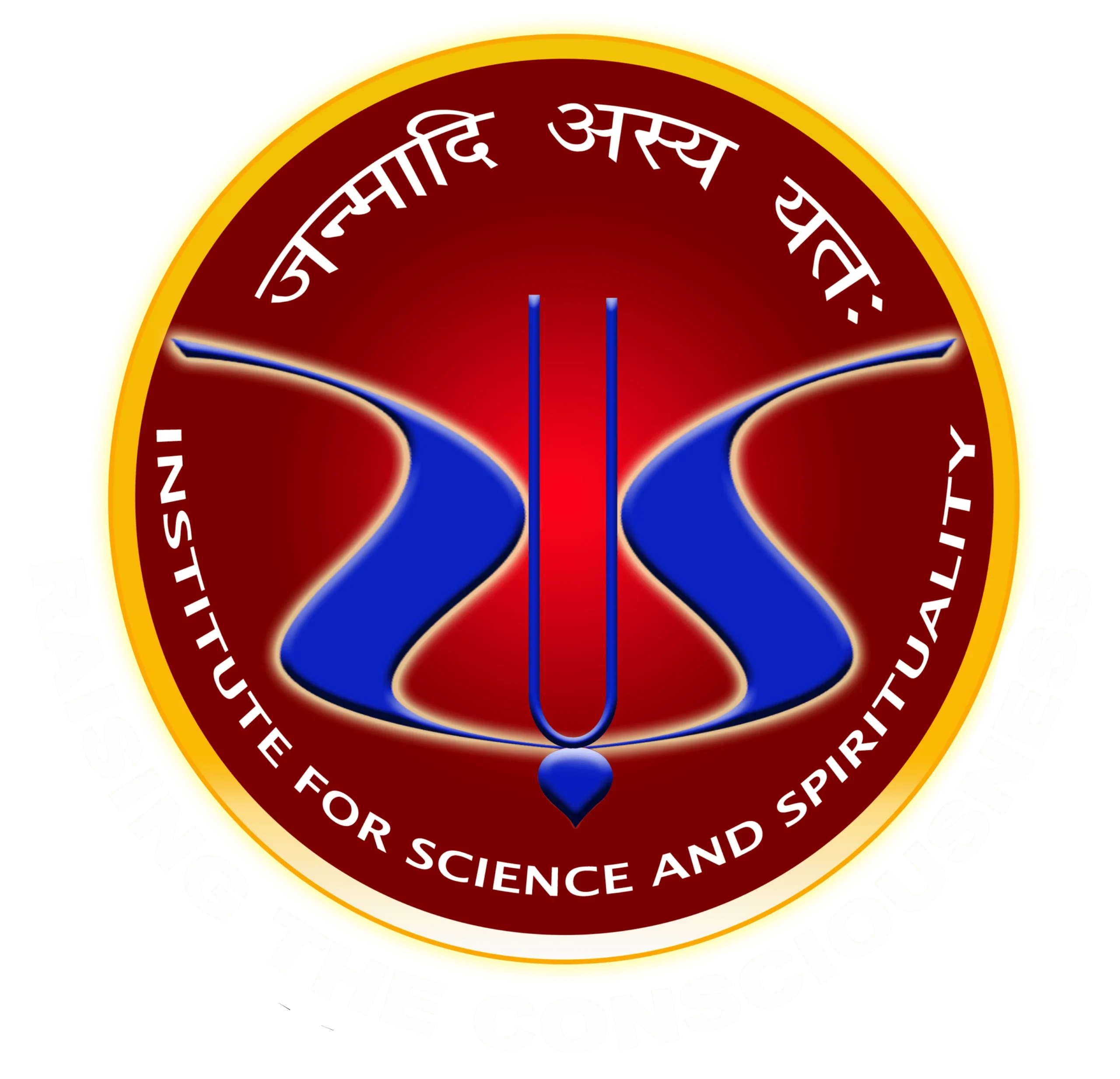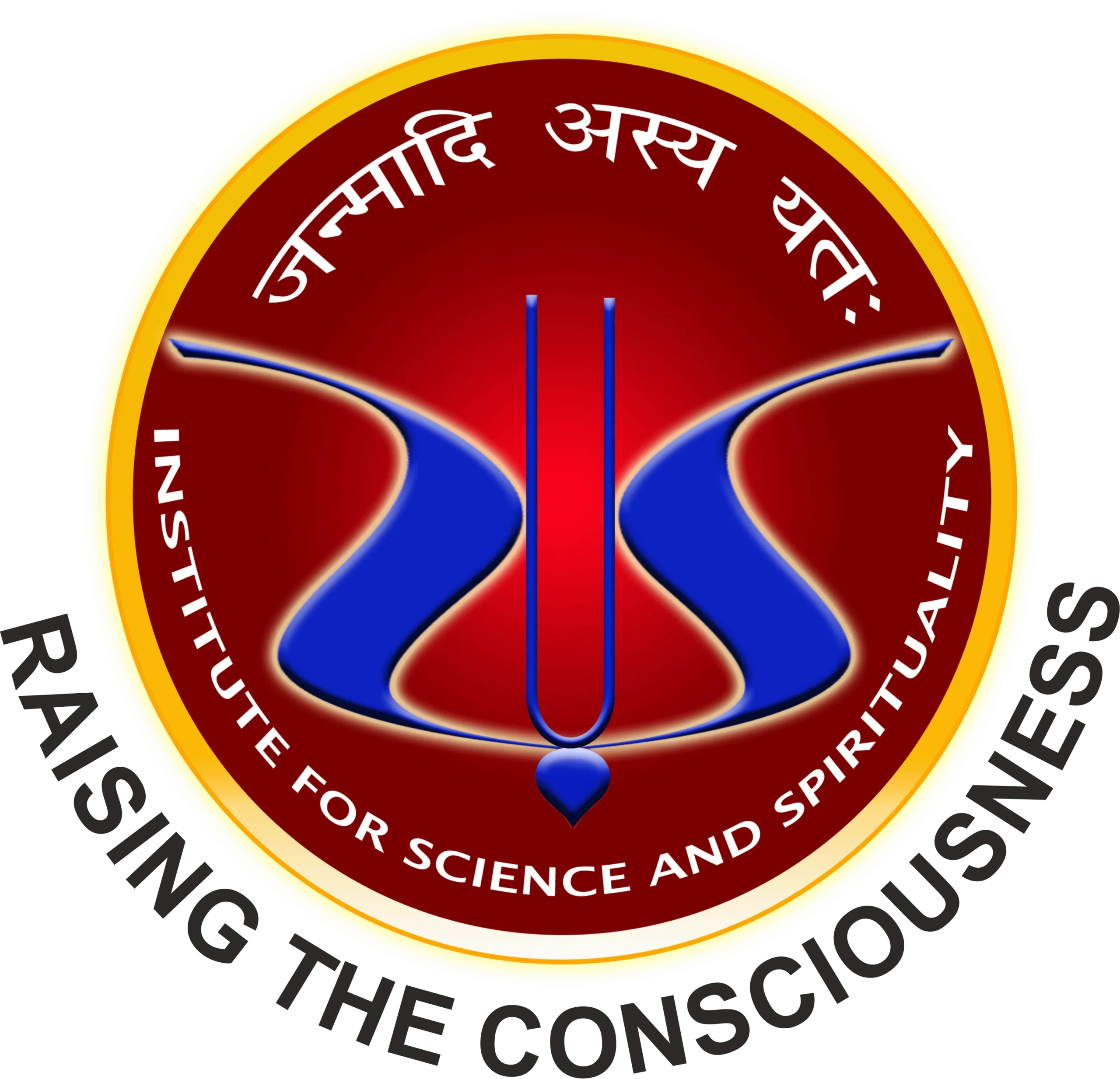Reincarnation Research
Reincarnation and Past Life Memories
Belief in an afterlife is widespread across various cultures and religions. Recent research by Moraes et al. presents global survey data on the prevalence of this belief, ranging from 51% in Japan to 98% in Iran. Surprisingly, 46-60% of individuals with no religious affiliations also hold this belief. Despite its common acceptance, the factors influencing these beliefs remain relatively unexplored. Contradictory findings exist regarding the link between educational levels, mental well-being, and afterlife beliefs.
Reincarnation, a prominent concept, involves the transfer of consciousness from one individual to another. Support for reincarnation varies globally, with Western Europe averaging 20%, ranging from 15% in Germany to 31% in Portugal. Pew Research Center indicates that 38% of spiritually inclined but not religious individuals in Western Europe embrace reincarnation. In Latin America, beliefs range from 23% in the Dominican Republic to 51% in Panama. While some find comfort in reincarnation during adversity, others associate it with psychological turmoil, guilt, and existential challenges.
Empirical studies on past-life memories (PLM) have extended beyond socio-cognitive aspects. Psychiatrist Ian Stevenson's systematic investigation into Cases of Reincarnation Type (CORT) spans nearly 50 years and involves over 2000 cases documented globally. Studies reveal patterns such as children starting to recount memories around 35 months, describing intervals between lives, detailing modes of death, exhibiting phobias related to death, and displaying unlearned skills. These consistent findings contribute valuable insights into past-life memories and reincarnation, transcending cultural and geographical boundaries.
Perspectives from Bhagavad Gītā
According to the Bhagavad Gītā, our thoughts at the moment of death shape the nature of our subsequent existence, intricately tied to lifelong actions and contemplations imprinted in the subtle nature of the mind. Contrary to the belief in consistent human rebirth, Vedic literature suggests a diverse cycle, with souls ascending or regressing based on consciousness. With 8.4 million enumerated species, progression occurs systematically, but human existence stands distinct, offering a unique opportunity for conscious choice, spiritual enlightenment, and liberation from the perpetual cycle of birth and death. Reincarnation serves the dual purpose of fulfilling desires and providing successive chances for spiritual realization, guiding individuals toward the path of liberation from material entanglements and the resumption of their inherent spiritual identity in the transcendental realm.

